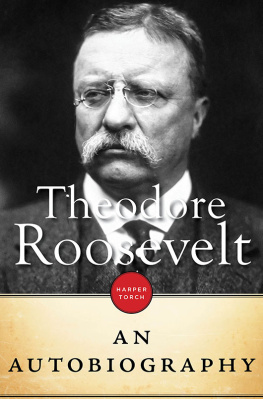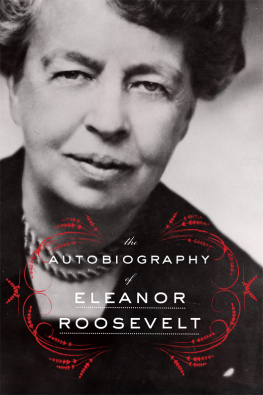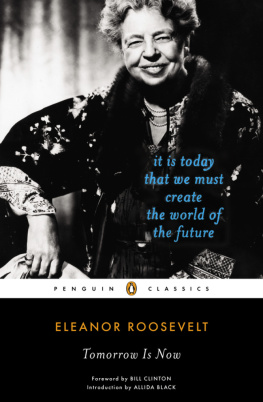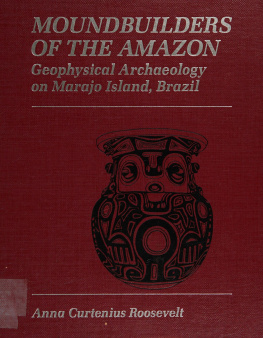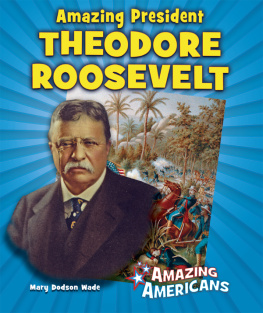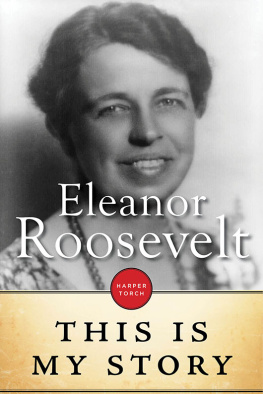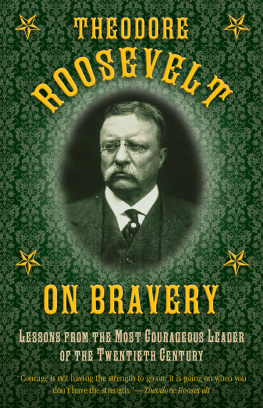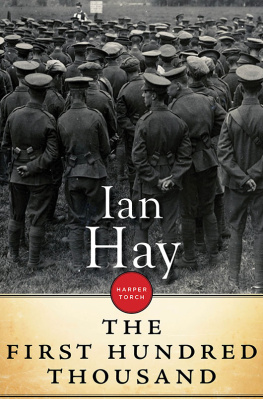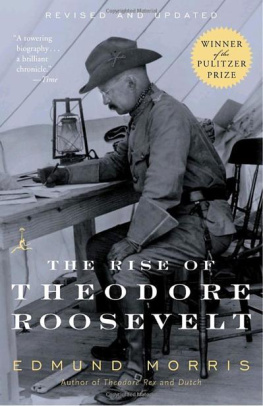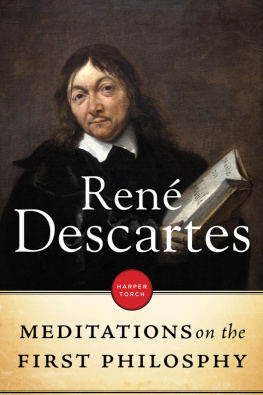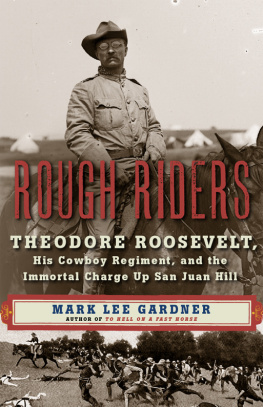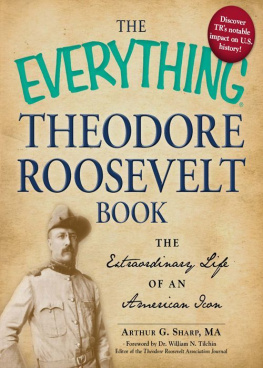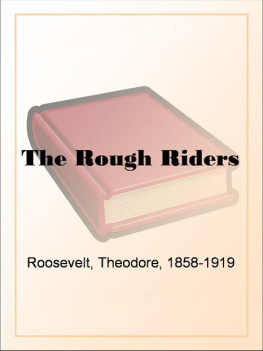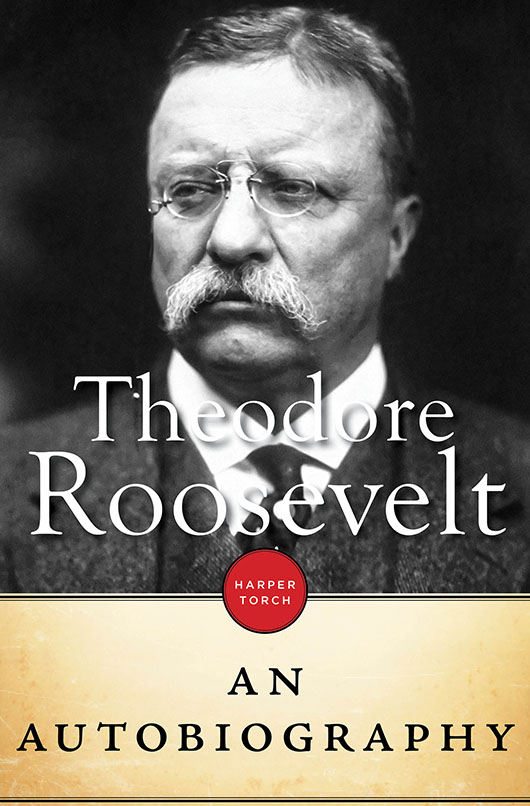Naturally, there are chapters of my autobiography which cannot now be written.
It seems to me that, for the nation as for the individual, what is most important is to insist on the vital need of combining certain sets of qualities, which separately are common enough, and, alas, useless enough. Practical efficiency is common, and lofty idealism not uncommon; it is the combination which is necessary, and the combination is rare. Love of peace is common among weak, short-sighted, timid, and lazy persons; and on the other hand courage is found among many men of evil temper and bad character. Neither quality shall by itself avail. Justice among the nations of mankind, and the uplifting of humanity, can be brought about only by those strong and daring men who with wisdom love peace, but who love righteousness more than peace. Facing the immense complexity of modern social and industrial conditions, there is need to use freely and unhesitatingly the collective power of all of us; and yet no exercise of collective power will ever avail if the average individual does not keep his or her sense of personal duty, initiative, and responsibility. There is need to develop all the virtues that have the state for their sphere of action; but these virtues are as dust in a windy street unless back of them lie the strong and tender virtues of a family life based on the love of the one man for the one woman and on their joyous and fearless acceptance of their common obligation to the children that are theirs. There must be the keenest sense of duty, and with it must go the joy of living; there must be shame at the thought of shirking the hard work of the world, and at the same time delight in the many-sided beauty of life. With soul of flame and temper of steel we must act as our coolest judgment bids us. We must exercise the largest charity towards the wrong-doer that is compatible with relentless war against the wrong-doing. We must be just to others, generous to others, and yet we must realize that it is a shameful and a wicked thing not to withstand oppression with high heart and ready hand. With gentleness and tenderness there must go dauntless bravery and grim acceptance of labor and hardship and peril. All for each, and each for all, is a good motto; but only on condition that each works with might and main to so maintain himself as not to be a burden to others.
We of the great modern democracies must strive unceasingly to make our several countries lands in which a poor man who works hard can live comfortably and honestly, and in which a rich man cannot live dishonestly nor in slothful avoidance of duty; and yet we must judge rich man and poor man alike by a standard which rests on conduct and not on caste, and we must frown with the same stern severity on the mean and vicious envy which hates and would plunder a man because he is well off and on the brutal and selfish arrogance which looks down on and exploits the man with whom life has gone hard.
Theodore Roosevelt
Sagamore Hill, October 1, 1913
Boyhood and Youth
My grandfather on my fathers side was of almost purely Dutch blood. When he was young he still spoke some Dutch, and Dutch was last used in the services of the Dutch Reformed Church in New York while he was a small boy.
About 1644 his ancestor Klaes Martensen van Roosevelt came to New Amsterdam as a settlerthe euphemistic name for an immigrant who came over in the steerage of a sailing ship in the seventeenth century instead of the steerage of a steamer in the nineteenth century. From that time for the next seven generations from father to son every one of us was born on Manhattan Island.
My fathers paternal ancestors were of Holland stock; except that there was one named Waldron, a wheelwright, who was one of the Pilgrims who remained in Holland when the others came over to found Massachusetts, and who then accompanied the Dutch adventurers to New Amsterdam. My fathers mother was a Pennsylvanian. Her forebears had come to Pennsylvania with William Penn, some in the same ship with him; they were of the usual type of the immigration of that particular place and time. They included Welsh and English Quakers, an Irishman,with a Celtic name, and apparently not a Quaker,and peace-loving Germans, who were among the founders of Germantown, having been driven from their Rhineland homes when the armies of Louis the Fourteenth ravaged the Palatinate; and, in addition, representatives of a by-no-means altogether peaceful people, the Scotch Irish, who came to Pennsylvania a little later, early in the eighteenth century. My grandmother was a woman of singular sweetness and strength, the keystone of the arch in her relations with her husband and sons. Although she was not herself Dutch, it was she who taught me the only Dutch I ever knew, a baby song of which the first line ran, Trippe troppa tronjes. I always remembered this, and when I was in East Africa it proved a bond of union between me and the Boer settlers, not a few of whom knew it, although at first they always had difficulty in understanding my pronunciationat which I do not wonder. It was interesting to meet these men whose ancestors had gone to the Cape about the time that mine went to America two centuries and a half previously, and to find that the descendants of the two streams of emigrants still crooned to their children some at least of the same nursery songs.
Of my great-grandfather Roosevelt and his family life a century and over ago I know little beyond what is implied in some of his books that have come down to methe Letters of Junius, a biography of John Paul Jones, Chief Justice Marshalls Life of Washington. They seem to indicate that his library was less interesting than that of my wifes great-grandfather at the same time, which certainly included such volumes as the original Edinburgh Review, for we have them now on our own bookshelves. Of my grandfather Roosevelt my most vivid childish reminiscence is not something I saw, but a tale that was told me concerning him. In his boyhood Sunday was as dismal a day for small Calvinistic children of Dutch descent as if they had been of Puritan or Scotch Covenanting or French Huguenot descentand I speak as one proud of his Holland, Huguenot, and Covenanting ancestors, and proud that the blood of that stark Puritan divine Jonathan Edwards flows in the veins of his children. One summer afternoon, after listening to an unusually long Dutch Reformed sermon for the second time that day, my grandfather, a small boy, running home before the congregation had dispersed, ran into a party of pigs, which then wandered free in New Yorks streets. He promptly mounted a big boar, which no less promptly bolted and carried him at full speed through the midst of the outraged congregation.
By the way, one of the Roosevelt documents which came down to me illustrates the change that has come over certain aspects of public life since the time which pessimists term the earlier and better days of the republic. Old Isaac Roosevelt was a member of an Auditing Committee which shortly after the close of the Revolution approved the following bill:
The State of New York, to John Cape, Dr.
To a Dinner Given by His Excellency the Governor and Council to Their Excellencies the Minister of France and General Washington & Co.

